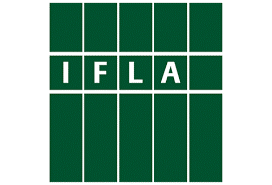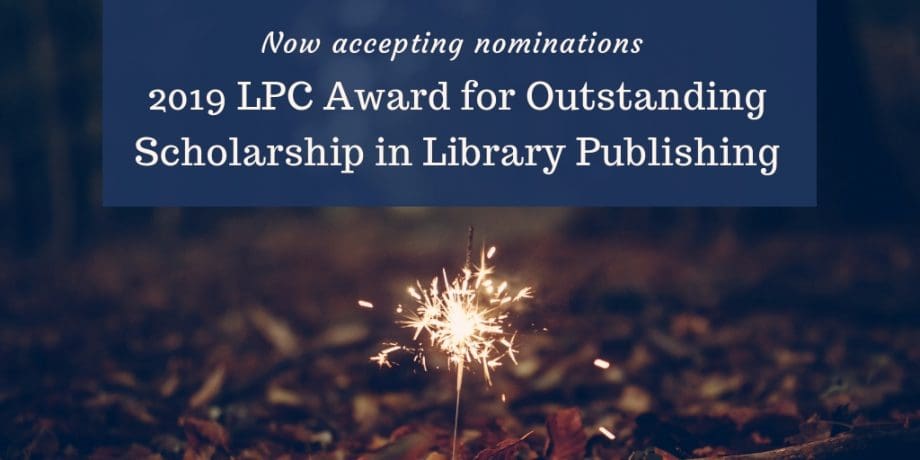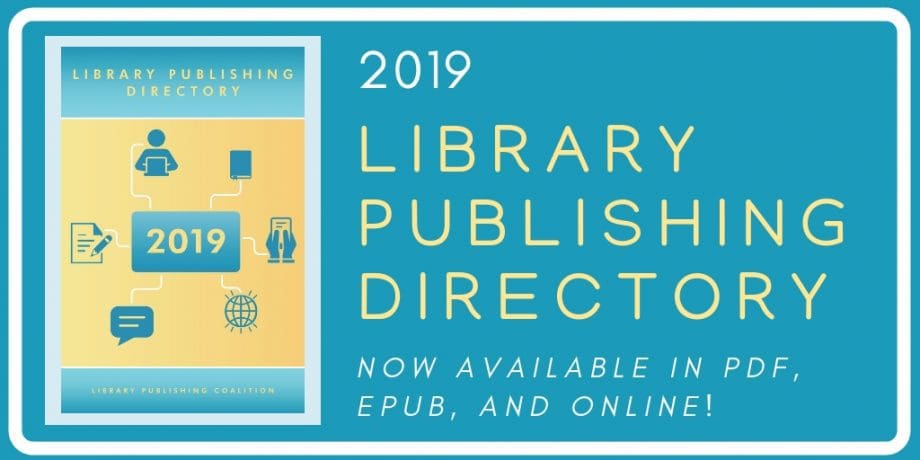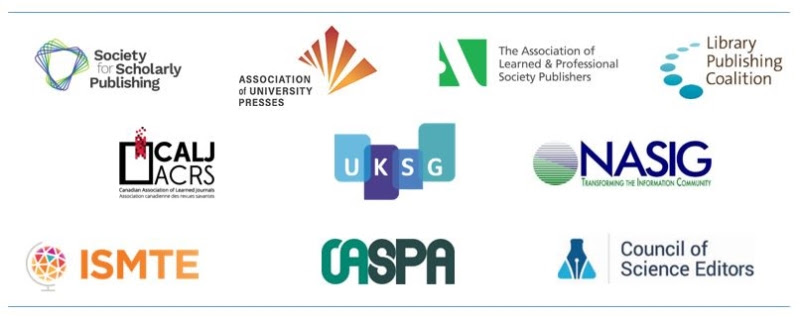December 19, 2018
By Melanie Schlosser
Library publishers around the world (but especially in western Europe), check out this call for proposals! The new IFLA Special Interest Group (SIG) on Library Publishing is sponsoring a mid-term event in Dublin, Ireland in February, hosted by LPC member Dublin Business School. Please note that proposals are due by January 15th!

IFLA Special Interest Group (SIG) on Library Publishing
2019 Midterm Meeting
Thursday February 28th – Friday March 1st 2019
Dublin Business School, Dublin, Ireland
Call for Participation
THEME: Mentoring and Education for Excellence in Library Publishing: An International Knowledge Exchange
Aim
Library publishing (including new-model university presses housed in libraries) is in its infancy in many countries around the world. The IFLA SIG aims to bring together experienced practitioners and would-be publishers to share information and advance this exciting field of endeavor. New and emerging library publishers will gain insight into the experiences and practices of established presses, and all attendees will learn from new and innovative approaches. The presentations from both sides and the ensuing discussions will advance the excellence and sustainability of library publishing ventures
The aim of the event is to bring together a broad spectrum of publishing programs, to exchange knowledge, and to foster networks and mentoring relationships among library publishers at all stages, also highlighting the important role that the Library Publishing Coalition plays in this regard.
The SIG meeting also invites participation by library schools and others engaged in efforts to educate the next generation of library publishers. (more…)






